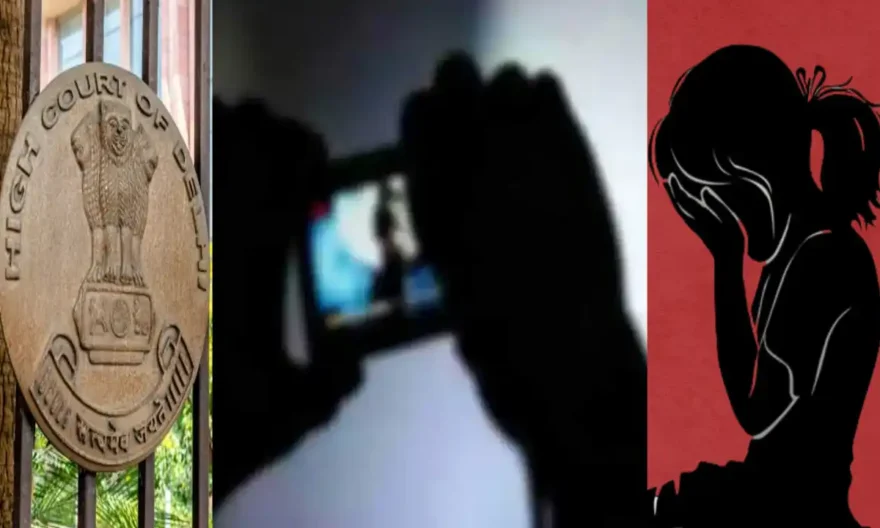
The Delhi High Court recently asked the Delhi State Legal Services Authority (DSLSA) to develop a programme to teach teens that posting intimate content on social media/the internet without the consent of the other person is both illegal and a crime.
The order was passed by Justice Swarana Kanta Sharma, who noted that there have been numerous cases in which victims have claimed that they were sexually abused because their partner took inappropriate videos or images of their relationship and then threatened to share them on social media.
“As a result, inappropriate videos and photographs are captured in cases of sexual assault without consent or under some inducement, which are then used for a long time to blackmail the victims and continue the sexual abuse. This Court has seen cases where young girls have been sexually abused, assaulted, and have been victims of such blackmailing,” the bench said.
The order was passed by the Court while denying bail to one Sakib Ahmed.
The accused allegedly met and became friends with a juvenile girl three years ago. Ahmed allegedly invited the girl to his home in January-February 2021 and began physical relations with her. He stated that he made a video of the incident and would post it on social media if she didn’t keep quiet.
It was also claimed that the applicant had made physical relations with her again a year ago and was now pushing her to marry him by changing her religion. It was claimed that the applicant threw eggs and stones at her residence on the day she filed the current lawsuit.
Ahmed’s attorneys contended that he had been wrongfully accused in the lawsuit and the relationship was consensual.
After reviewing the case, Justice Sharma stated that the evidence shows that the applicant not only formed physical relations with her under the guise of getting married to her and continued to do so, but he also videotaped it.
The Court stated that this is not a case of consensual adolescent mutual love because had it been so “it would have no place of abusing, blackmailing, inducement, threat, violence, pressurising and threatening her to convert to his religion for the purpose of forcibly getting married to her even when she wanted to get out of the abusive relationship.”
“She was put in fear and threat of social shaming of herself and her family, which does not imply that it was a consensual innocent adolescent mutual love relationship,” the bench stated.
The Bench added that the gravity of the offence was heightened by the fact that the accused’s threat to make public the intimate videos and photographs he had captured without the prosecutrix’s consent and was using it to blackmail her in exchange for sexual favours.
“In light of the foregoing discussion, and given that the applicant/accused is continuously threatening and blackmailing the prosecutrix, and the charges have yet to be framed, and the prosecutrix has yet to be examined, this Court is not inclined to grant any relief to the applicant at this stage,” the Court ordered.




